CBGP (Madrid)
plantae.org/under-attack...
Research highlight by @carlosgonzsanz.bsky.social on: onlinelibrary.wiley.com/doi/10.1111/...

plantae.org/under-attack...
Research highlight by @carlosgonzsanz.bsky.social on: onlinelibrary.wiley.com/doi/10.1111/...






#ISMPMI2025 #HeatStress #PlantScience
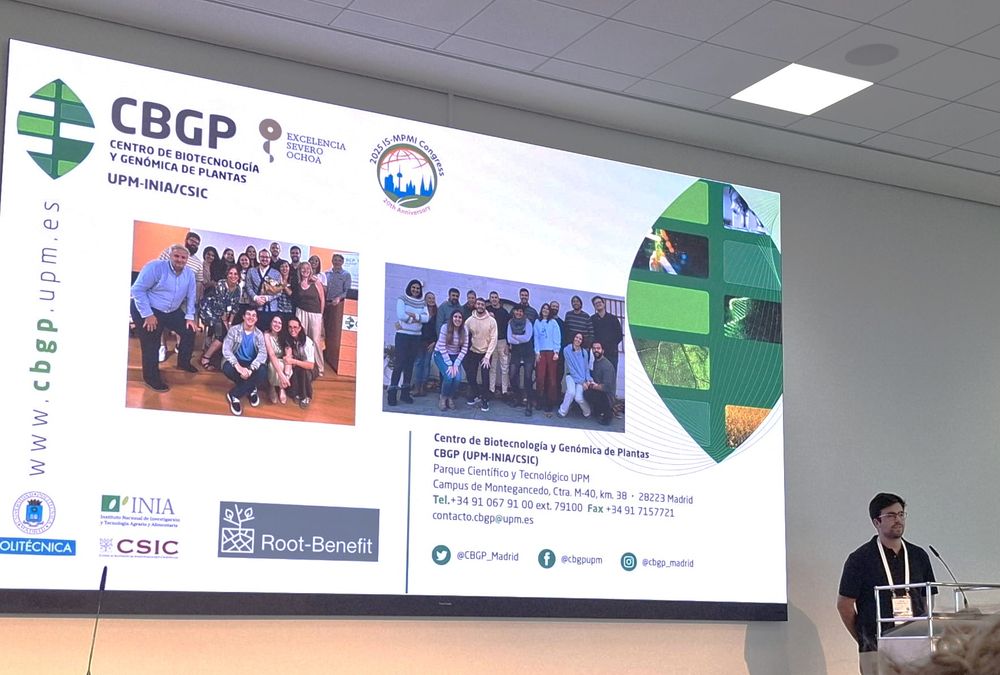
#ISMPMI2025 #HeatStress #PlantScience

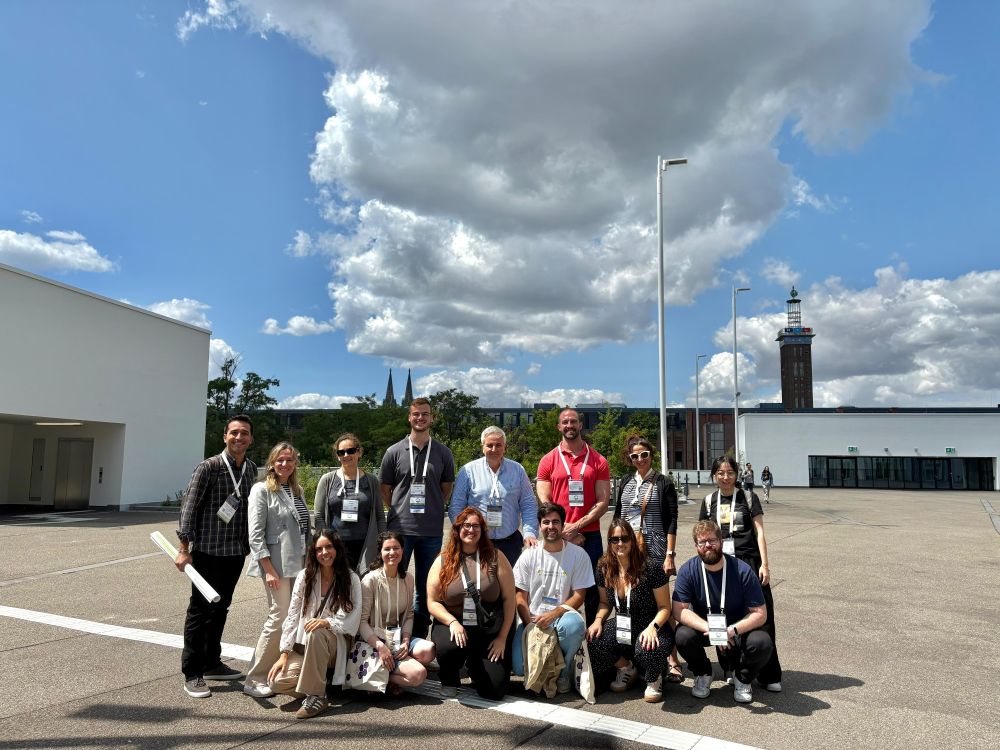


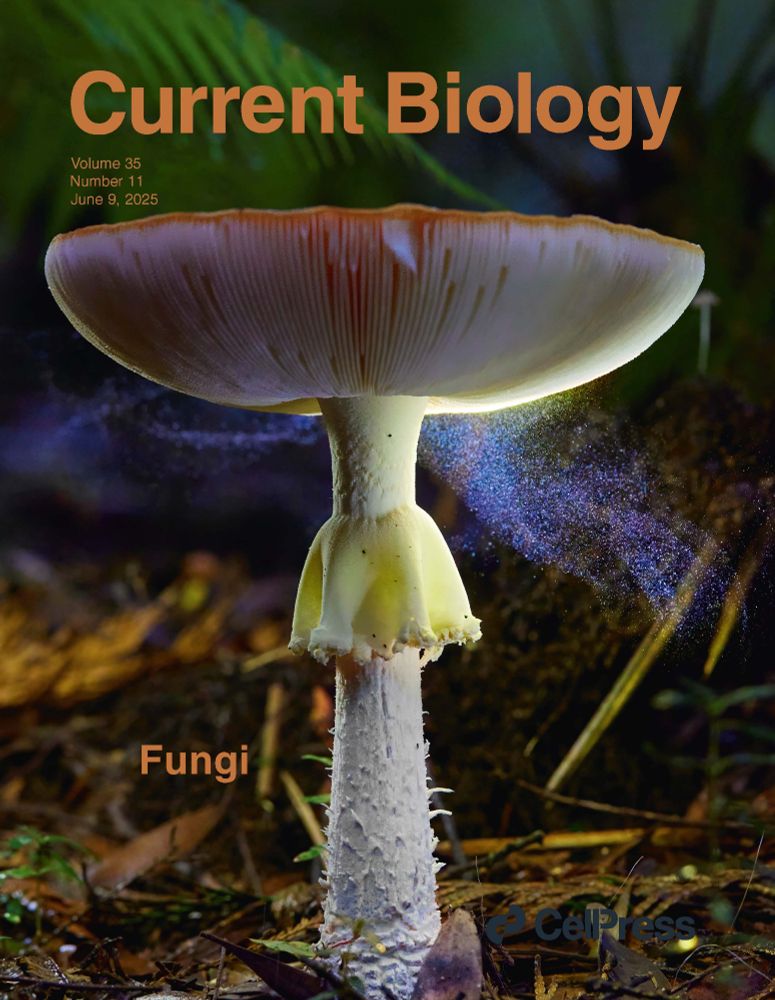
#plantscience

#plantscience
🇪🇸 - short.upm.es/4tpw1
🇬🇧 - short.upm.es/iacxt
#somosUPM

🇪🇸 - short.upm.es/4tpw1
🇬🇧 - short.upm.es/iacxt
#somosUPM
#PlantaePSRW

#PlantaePSRW
We describe a new mechanism for CLE peptides as local symbiosis-amplifying signals, promoting plant interactions with beneficial arbuscular mycorrhizal fungi.
Congratulations @sagarbashyal.bsky.social et al.!
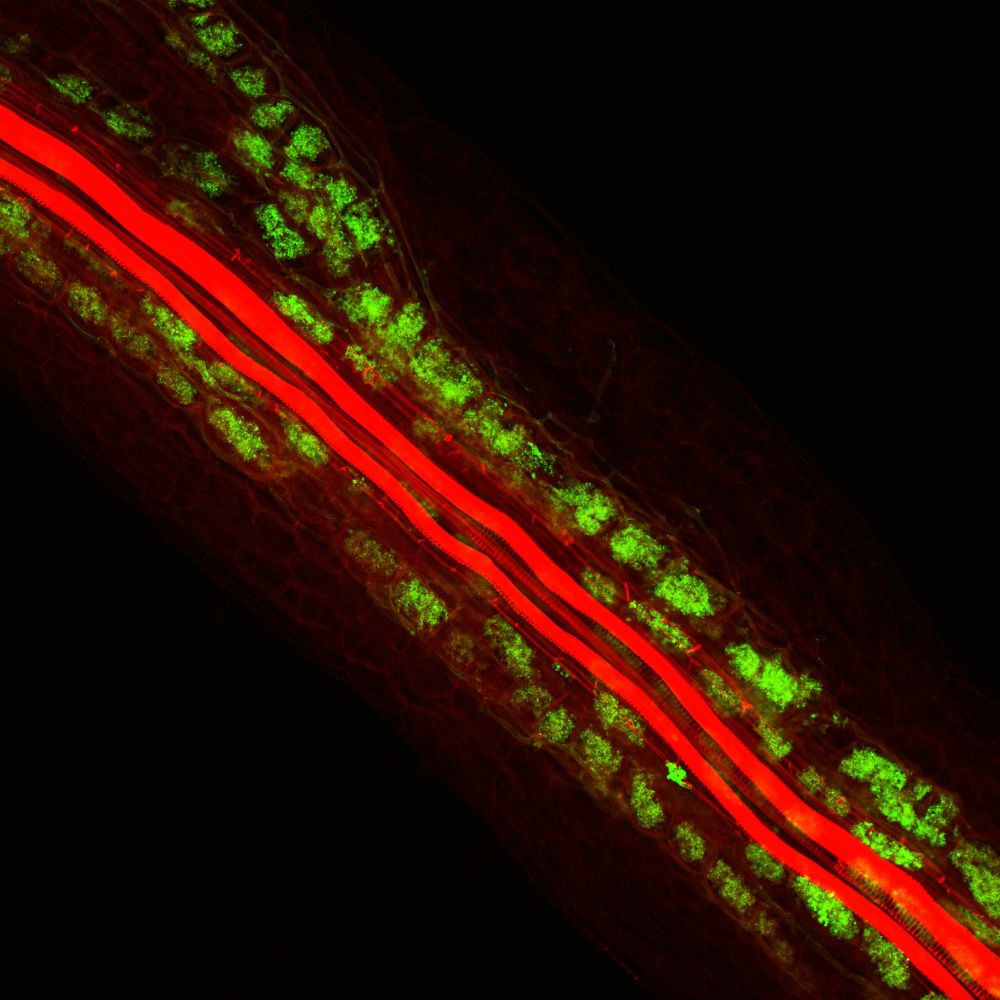
We describe a new mechanism for CLE peptides as local symbiosis-amplifying signals, promoting plant interactions with beneficial arbuscular mycorrhizal fungi.
Congratulations @sagarbashyal.bsky.social et al.!
We found that the expression level of one single transcription factor converts beneficial root endophyte into pathogenic guy😈 (1/8) www.cell.com/current-biol...
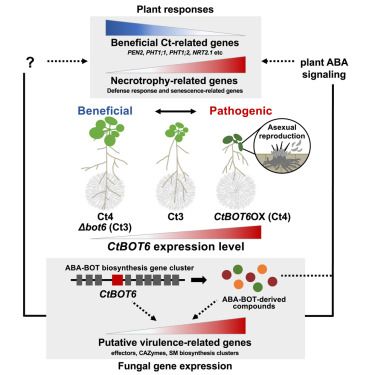
We found that the expression level of one single transcription factor converts beneficial root endophyte into pathogenic guy😈 (1/8) www.cell.com/current-biol...
Esto es hacer políticas por alguien que no quiere ni sabe cuidarnos.

Esto es hacer políticas por alguien que no quiere ni sabe cuidarnos.

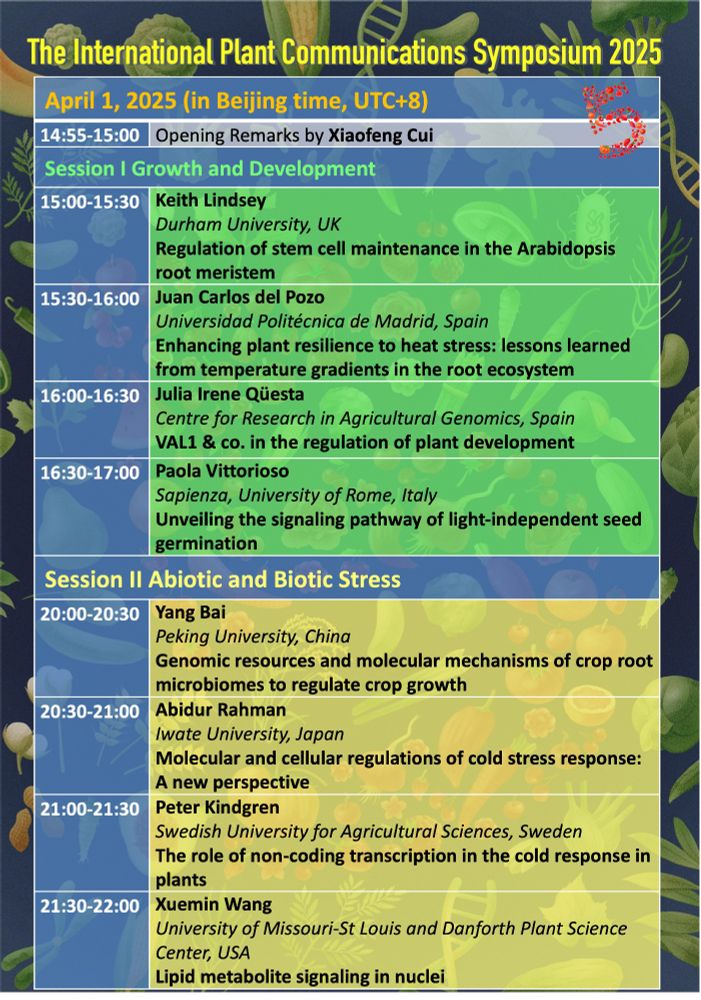

#PlantaePSRW

#PlantaePSRW
👉 Free registration at https://buff.ly/40XbjPl
#plantscience

👉 Free registration at https://buff.ly/40XbjPl
#plantscience
👉Don’t miss it! Free registration at plantae.org/plantaeprese....
#PlantScience
👉 Free registration at https://buff.ly/40XbjPl
#plantscience

👉Don’t miss it! Free registration at plantae.org/plantaeprese....
#PlantScience






